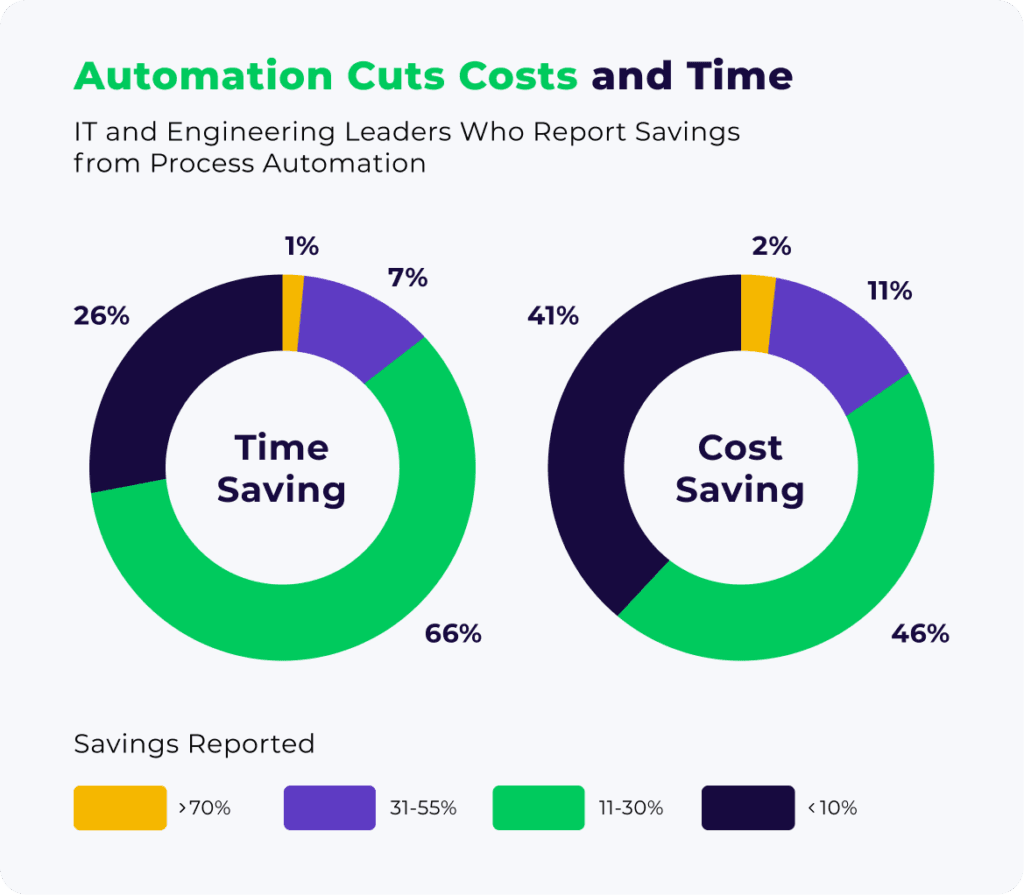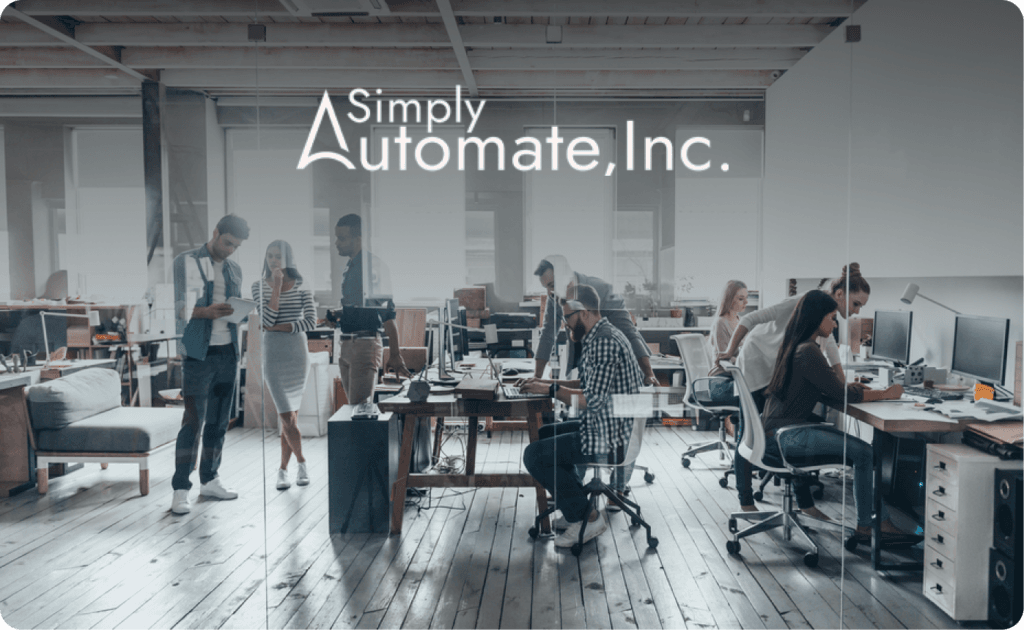Law firms manually conducting mundane, repetitive procedures face increasing challenges. According to a report by the International Bar Association, about 1 in 5 lawyers under 40 are considering leaving the legal profession in the next five years, which could mean a long-term lawyer shortage.
Attorney shortages are a problem across the United States. The issue has gotten so out of hand that state representatives in South Dakota are considering a bill to remove the bar exam as a requirement for practicing lawyers and require 1,000 hours of real-law experience instead, partly due to the rigorous nature of the exam.
Lawyers are expected to complete a certain number of billable hours per year. This does not include any non-billable time spent on business development and marketing, which can be further out of reach if a firm is understaffed.
The expense of long working hours, reduced productivity, costly errors, and less time for clients created by these mundane tasks give rise to the need for next-gen technology such as robotic process automation (RPA).
In a law firm, RPA bots would eliminate the need for legal assistants and lawyers to spend time on mundane tasks that could be executed more efficiently. By leveraging RPA bots for these tasks, lawyers and legal assistants can focus their efforts on their clients’ legal problems.
What are the benefits of RPA?
While workflow automation has many advantages, the most significant advantage RPA offers law firms is labor time savings. Charging per hour is a common practice in the legal industry, so applying automation in law firms can significantly reduce expenditures. However, there are many more benefits that RPA brings to the table!
| Mitigate Risk and Reduce Error Rate | Improve Security and Compliance | Higher Productivity Among Employees | Focus on High-value Work |
| Reduces the review time on contracts and eliminates the risk of human error. | Bots monitor suspicious activity and create reports to mitigate security risks. | Utilize RPA bots to eliminate most of the repetitive tasks so they can focus on clients. | Bots free up a legal team’s time to focus on legal functions that require human decisions. |
Mitigate risks and Reduce Error Rate
RPA bots aid the legal team by automatically going through numerous documents in any designated database to identify hidden information related to ongoing cases. For example, such a function will help reduce the time to review contracts without errors while making the appropriate corrections needed to mitigate any risks for your clients.
Improve Security and Compliance
Consistent compliance checks are one of the most burdensome tasks for any legal department. For example, the legal team must constantly monitor and update to keep up with regulatory changes — a strenuous burden to place on any team.
RPA makes the process simple by assisting in protecting the company from fines. A contract specifies details concerning compliance, like following relevant laws and licensing requirements. Creating a digital archive for compliance regulations is vital — RPA bots quickly scan the complete database to locate relevant compliance information for delivery to the responsible team members.
Furthermore, RPA bots diligently create suspicious activity reports to mitigate security risks.
Higher Productivity Among Employees
Legal teams may utilize RPA bots to eliminate most of the repetitive tasks they may face, such as:
- Compliance checks
- Canning data (documents, websites, tools, etc.)
- Creating spreadsheets
- Creating case documents
- Searching databases
- Filing reports
- Recording and storing reports
- Reviewing case information
A recent report by Salesforce, indicated that IT leaders felt technology integration, such as automation, had increased employee productivity by 25%.
The same study by Salesforce indicated that technology leaders saw a 75% increase in cost savings when implementing workflow automation.

Focus on High-value Work
In some cases, RPA bots may free up a legal team's time, allowing them to focus on value-added tasks and pay more attention to legal duties.
Take ElectroNeek's Data Parsing bot as an example, which automatically extracts all types of data from websites, converts that data into more suitable formats, and stores the data in the relevant systems. This tool removes the need to manually search through many websites to collect data, often taking multiple days (or more) to complete.
What Legal Services can be Automated?
Let’s look at five real-world use cases of automation in the legal industry:
1. Contract Management
After completing a contract, the legal team undertakes additional activities such as analyzing compliance, constituting service-level agreements and managing any necessary document changes. With so many tasks, contract management becomes challenging and more susceptible to errors without automation.
RPA bots automatically extract and input the data into a CMS accurately, creating dashboards and visualizing real-time trends for legal teams to gain additional analysis. These insights assist legal staff with detecting and preventing risks while allowing for more data-driven decision-making.
2. Risk Assessment
All business decisions come with certain legal risks if not analyzed properly. Some common hazards include:
- Regulatory issues
- Insurance coverage
- Employment law
For instance, if a potential business decision negatively impacts work wages or hours that are not compliant, that decision-making may lead to some lawsuits.
RPA bots help determine risks through performance checks that analyze large volumes of relevant past case data to ascertain the legal implications of recent decisions. Furthermore, RPA bots build a complete risk assessment profile with client details such as location, services, and relationships, including data integrated into easy-to-read documents.
3. Document Automation
Document automation provides a central method for creating agreements, motions, invoices, and other similar documents in the legal industry. RPA bots implement, scan, validate any format, and convert reports into a predesignated format to make all such documents and forms digital. These RPA bots quickly create a high volume of reports, notice trends, and maintain up-to-date, easily accessible information.
For example, ElectroNeek's bot for scanned template data extraction recognizes and extracts data before storing the data in any relevant files.
Additionally, RPA bots leverage trigger words to create reports and find specific documents before automatically making changes and edits so that information stays updated.
4. Internal and External Communication
Legal departments continuously interact with internal management, various clients, stakeholders, other legal professionals, and vendors every day. RPA makes all correspondence easy, efficient, and quick. A few ways RPA bots carry out these functions include sending a legal case to a third party or confirming receiving and sending documents. These RPA bots help reduce confusion and ensure records are received and delivered only once. Additional examples include:
- Exchange documents with the help of an RPA-managed portal. Plus, bots that automate file encryptions can keep data safe when exchanging.
- Confirmation of receiving or sending documents gets sent automatically.
- The relevant team gets notified when a specific document is viewed again or some record is left out.
5. E-Discovery
E-discovery involves collecting, reviewing, and exchanging information in an electronic format for evidence in a case, enabling professionals to deal with documents electronically. RPA bots assist with automating e-discovery through file indexing, Optical Character Recognition, and preparing and reviewing documents.
RPA in e-discovery allows legal staff to upload, review, and produce digital documents while avoiding long hours, extra costs, and stress. For instance, a legal team may leverage an RPA bot to quickly scan evidence for specific phrases to extract relevant case information and insights from an extensive database.
The data sources information by scanning through multiple sources, including emails, Microsoft documents, social media content, direct messages, smartphone applications, and even older sources such as files on a legacy system database.
Bots in Law Firms: A Real Case-study

A law firm needed automation to help speed up case preparation. Manually collecting data from multiple sources significantly increased human error.
With ElectroNeek's platform, Simply Automate improved the law firm's operational process of document collection, organization, and preparation of filings by 70%.
The new process reduced the time spent on case preparation from days down to a few hours.
Read the entire case study here.
Automation for Legal Firms
Our Automation Hub offers versatile recipes to help you quickly implement and streamline critical legal automation for your clients. With ElectroNeek's recipes, you can deliver business value to your clients quickly and easily. Recipe tutorials can help you hit the ground running to implement legal automation services functions for your clients.
Recipe: How to scrape data from the web
Data collection and research are a significant part of a law firm's functions to construct winning arguments for their clients. Lawyers' data available for decision support is significant but fragmented and diffuse. Law firms that do not have data-driven or efficient operations can become bogged down with hours of sifting through data for their research.
This ElectroNeek Recipe guides you through downloading data from the internet via web scraping. It helps collect, review, and exchange information in an electronic format for evidence in a case, enabling professionals to deal with documents electronically.
Book a demo to learn how to scrape data from the web.
RPA Software for Legal Services
Digital transformation impacts every industry — and the legal industry is no exception. A Thomson Reuters report found that 74% of small firms reported spending too much time on administrative tasks and that attorneys spend almost 40% of their time on administrative tasks.
This is good news for law firms because many administrative tasks are easily automatable. Law firm process automation aims to automate repetitive or non-essential tasks so that lawyers can focus on their clients.
ElectroNeek delivers everything you need to implement automation solutions for your legal clients. With ElectroNeek Recipes, the power is in your hands, and you have all the resources to train your team to build time-saving automation.
Click here to book a demo to learn more.
